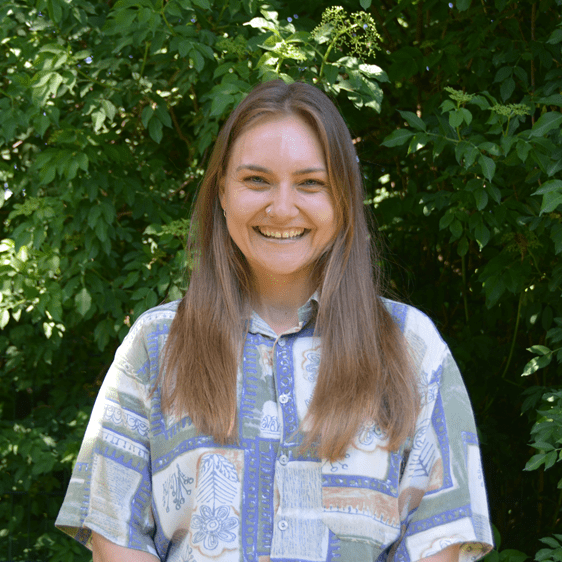Responsibilities
Sustainability targets in Marine Protected Area (MPA) governance tend to focus on ecological dimensions. Whilst there is increasing attention to social impacts on local communities, a paradox arises, central to the concept of sustainability (and sustainable planning), whereby attention is often paid to the future – how to protect for generations to come – at the cost of thinking of current ones.
Focusing on MPAs located in the Canary Islands, this project investigates how time and temporality affects local participation in MPA processes and senses of ownership. It explores in what way residents feel connected (or not) to discourses that emphasize future benefits, and the role of the past in shaping current frameworks. Essential subgoals, which feed into the described research are to understand what makes an MPA successful for different stakeholders – and when – and which factors lead to a sense of ownership for local fishing communities throughout the MPA implementation and development.
Vita
2024 – today
Working Student in Sustainability Management at Hamburg Wasser
2023 – today
Student Assistant at the Centre for Transformations and Sustainable Futures (Research Centre at the University of Oldenburg)
2022 – today
Master in Sustainability Economics and Management at the University of Oldenburg, Germany
2018 – 2022
Bachelor in International Studies in Management at the Hochschule Bielefeld and Universidad Iberoamericana Puebla, Mexico
Research Interests
During my master’s studies, I became increasingly drawn to the complex landscape of sustainability targets—particularly those related to ocean governance, such as the “30-by-30” goal discussed within the UN Ocean Decade. This led to a deep interest in Marine Protected Area (MPA) management and the broader questions it raises: Who sets these targets? What does a “successful” MPA mean to different stakeholders? And who decides which indicators are used to measure success?
Sustainability targets in MPA governance tend to focus on ecological dimensions. Whilst there is increasing attention to social impacts on local communities, a paradox arises, central to the concept of sustainability (and sustainable planning), whereby attention is often paid to the future – how to protect for generations to come – at the cost of thinking of current ones.
During a semester in Gran Canaria, I learned about MPAs in the Canary Islands that stand out for their efforts to include local fishing communities in governance processes. Inspired by this, my thesis explores how concepts of time and temporality influence local participation and feelings of ownership in MPA initiatives. The project investigates how residents relate (or not) to narratives centered on future benefits, and how historical experiences shape current perceptions and engagement.
Essential subgoals, which feed into the described research are to understand what makes an MPA successful for different stakeholders – and when – and which factors lead to a sense of ownership for local fishing communities throughout the MPA implementation and development.
